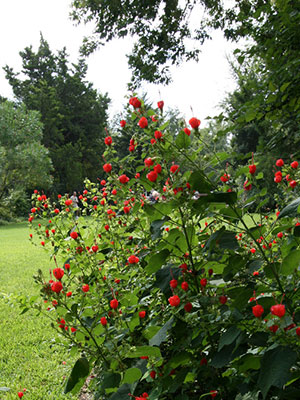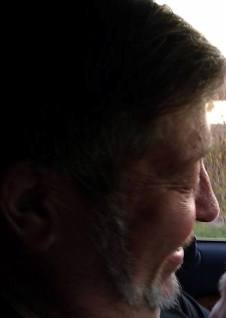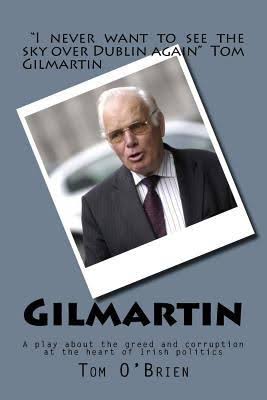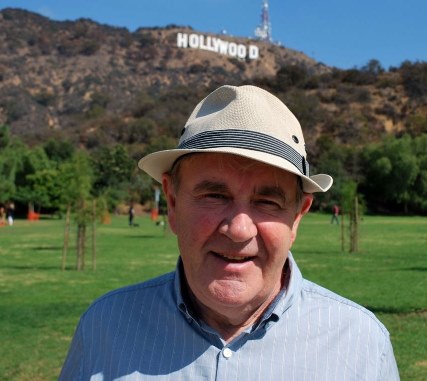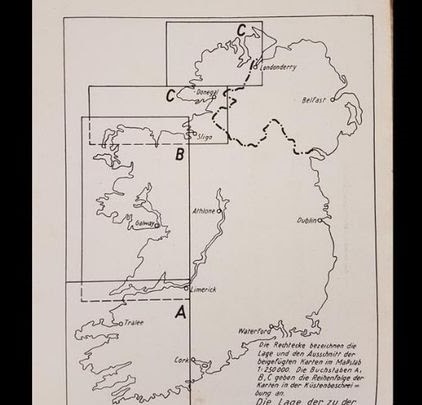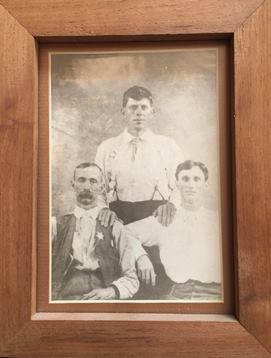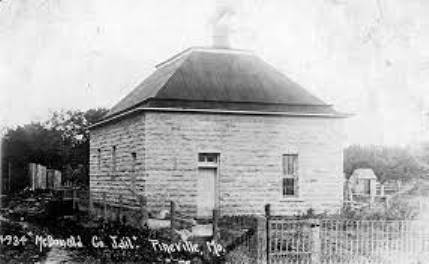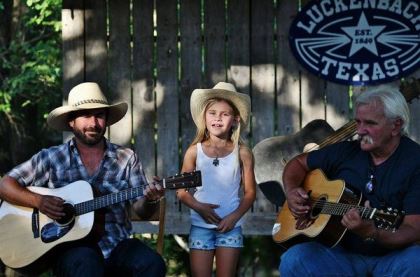
By
Mattie Lennon
A Playwright, A Poet, A Song, and Hitler's Plan
I’ve just received an invitation to a public reading of Tom O’ Brien’s stage play Gilmartin
in London on August 03rd. I can’t make it but I have read the script.
This two-act drama tells the story in detail of the greed and corruption
at the heart of Irish politics. The list of characters will give you a
clue:
Tom Gilmartin (businessman)
Liam Lawlor (politician)
Owen O’Callaghan (businessman)
Padraig Flynn (politician)
Bertie Ahern (politician)
Maire Ann Howard (tribunal solicitor)
Nondescript man or woman
George Redmond (Dublin C Council)
Maguire (counsel for Ahern/O’Callaghan etc)
The Gilmartin of the title was Tom. A man who left
rural Sligo in the fifties and made it good in construction and
engineering, in England. When his own country was on its knees Tom
returned, as a wealthy businessman, in the late eighties, with the
intention of embarking on projects which would create employment and
stem another tide of emigration. Instead, he was confronted by
corruption in high places at every turn.
Bertie Ahern resigned on May 6th 2008 after 11 years as
Irish Taoiseach and more than three decades in the corridors of power.
His resignation was as a direct result of the fall-out from the
treatment meted out to Tom Gilmartin. The full story only emerged at
the conclusion of the Mahon Tribunal. It had sat for almost 15 years
only reaching its conclusions in 2012.
Tom had ambitious plans for several major retail
developments in Dublin city. Little did he know that in order to do
business in Dublin, senior politicians and public officials would want a
slice of the action – in large amounts of cash. He finally blew the
whistle on the corruption at the heart of government and the city’s
planning system. His complaints resulted in the setting up in 1997, by
order of the Oireachtas, of the Mahon Tribunal to look into ‘certain
planning matters and payments’. Ironically, it was championed by none
other than one Bertie Ahern.
Tom O'Brien
I would strongly recommend that any Theatre company looking
for a gripping 95 minute drama should contact playwright Tom O ‘Brien
at: tomobrien2004@yahoo.co.uk
* * * * *
World War 11 was known in Ireland as The Emergency.
Efforts by the state to prepare for a possible German invasion became
somewhat of a joke. Building block-houses on the coast and setting
sharpened lengths of railway in concrete to stop German tanks was
welcome fodder for many a comedian. But was it the thing of comedy?
A COPY of Adolf Hitler's secret plan to invade Ireland during World War 11 has now been sold at auction for €1,100.
The intelligence handbook, which outlines plans of a Nazi
offensive against Ireland, sold at an auction hosted by Purcell
Auctioneers - who noted that the secret documents were "of the utmost
rarity".
It features a detailed military study of the
geographical landscape of the west of Ireland - where Hitler planned to
land his army.
It includes thousands of illustrations, photos, and
maps of Ireland, concentrating on bridges, landmarks, industrial
centres, and transport links. It also noted the vegetation, climate, and
weather of the island. The estuary of the River Shannon was targeted
as the ideal place for the Nazis to land an amphibious invasion, and
Ireland's excellent road links were considered a massive boost.
The invasion of Ireland was codenamed Operation Green
(Unternehmen Grün), and was completed by an unknown German officer known
by the alias "Hadel" in 1941. It was designed to support Operation Sea
Lion, the Nazi's planned invasion of the United Kingdom, which never
came to fruition. Some have speculated that Germany never actually
intended to invade Ireland and that Operation Green was simply a
diversionary tactic used to draw British troops into Northern Ireland
who might otherwise be sent to aid the defense of mainland Britain had
Operation Sea Lion gone ahead.
Others believed it was a serious invasion plan,
intended to give the Luftwaffe direct access to both Britain and the
Atlantic Ocean where it could intercept and destroy American ships
bringing supplies to the Allies. Which was the case? Will we ever know?
* * * * *
Because of Covid 19 I haven’t been able to visit Listowel,
the culture capital of Ireland, for two years. But I do keep in touch
with the works of its literati. The following is a poem by John McGrath.
Ar Scáth a Chéile a Mhaireann na Daoine
We live within the shadow of each other (Irish Proverb)
By John McGrath
Bang!
A finch against my window.
I felt the shudder as its world met mine,
Rushed to where it fell.
Sapped of sense and movement,
Eyes glazed, grey, lifeless,
Wings splayed, stone still.
I saw its small beak quiver,
Move as if to speak.
A tiny pulse throbbed in its downy throat.
Cupping it in my palm,
I felt the soft, warm beat within,
Willed life into stillness.
Restored by simple touch
It stirred, fluttered, faltered, flew
And healed the poet too.
* * * * *
About 20 years ago I wrote the Lyrics of There's a Brightness at the Butt of the Wind.
It didn't make much sense at the time but John Hoban composed music for
it and sang it. I thought that, during the pandemic, it might be
relevant and now poet Polly Hughes has put it on youtube. Here’s the
link:
YouTube Video "Brightness" Link
See you in September.
Click on author's byline for bio and list of other works published by Pencil Stubs Online.










